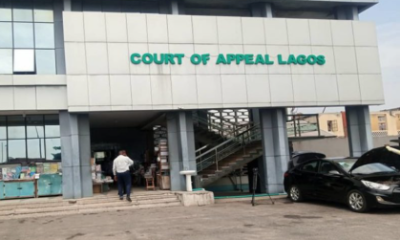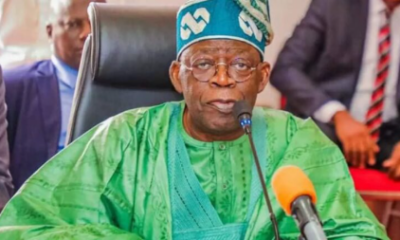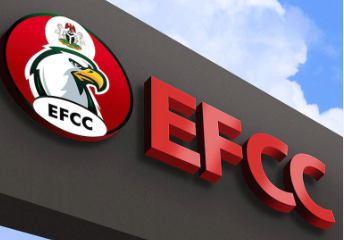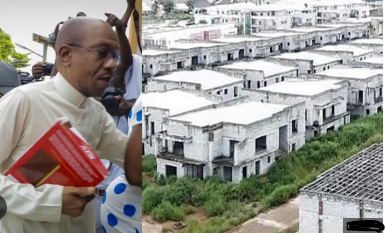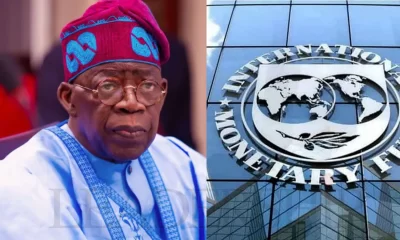The Central Bank of Nigeria (CBN)’s Monetary Policy Committee (MPC) is set to convene on Monday, November 25, and Tuesday, November 26, 2024, to deliberate on the nation’s monetary policy trajectory.
A key decision anticipated from the meeting is whether to maintain or adjust Nigeria’s benchmark interest rate, currently at 27.25% following a series of aggressive hikes aimed at curbing inflation.
This meeting comes as the country’s inflation rate soared to 33.88% in October 2024, further tightening economic conditions for households and businesses.
At the last MPC meeting, CBN Governor Olayemi Cardoso emphasized the bank’s commitment to containing inflation, stating, “We will continue to deploy all necessary tools to achieve price stability in the interest of the Nigerian economy.”
The debate over the efficacy of continued interest rate hikes is intensifying among economists and financial experts:
The Financial Derivatives Company (FDC) has called for further tightening, arguing that raising rates remains the most effective tool to address inflation. According to Bismarck Rewane, FDC’s Managing Director, “Nigeria’s inflation is largely structural, but monetary policy has a role to play in containing demand-pull factors. Sustained high rates signal the central bank’s resolve to fight inflation and anchor expectations.”
The Centre for the Promotion of Private Enterprise (CPPE) has urged caution, suggesting that additional rate hikes could stifle economic recovery and worsen the cost-of-living crisis. Muda Yusuf, CEO of CPPE, remarked, “The tightening cycle has had limited success in reducing inflation, given its largely structural nature. Instead, it has increased borrowing costs for businesses and households, curtailing productivity and investments.”
READ ALSO: CBN denies blocking FX transfers, warns of fake SWIFT documents in currency claims
The MPC faces a delicate balancing act between stabilizing prices and fostering economic growth. Experts note that while monetary tools like interest rate hikes can influence inflation, the structural drivers of Nigeria’s inflation—such as rising fuel costs, currency depreciation, and supply chain disruptions—require broader policy interventions.
Dr. Adesola Adedipe, an economist, commented, “The CBN’s monetary policy is not operating in isolation. Addressing inflation requires complementary fiscal policies, including targeted subsidies, improved infrastructure, and exchange rate management to stabilize the naira.”
Financial analysts are divided on the likely outcome of the upcoming MPC meeting. Some predict a modest rate hike to reinforce the central bank’s commitment to price stability, while others believe the MPC may hold rates steady to assess the impact of previous adjustments on the economy.
The decision will have far-reaching implications for businesses, households, and the overall investment climate. A higher rate could further tighten liquidity, while a pause might provide temporary relief to borrowers.
The MPC’s verdict is keenly awaited as Nigeria grapples with mounting inflationary pressures and a fragile economic recovery.

 Entertainment1 week ago
Entertainment1 week ago
 Entertainment5 days ago
Entertainment5 days ago
 Comments and Issues1 week ago
Comments and Issues1 week ago
 Comments and Issues1 week ago
Comments and Issues1 week ago
 Comments and Issues1 week ago
Comments and Issues1 week ago
 Health7 days ago
Health7 days ago
 Health3 days ago
Health3 days ago
 Football7 days ago
Football7 days ago


